Navigating the World of Nursing Education: A Guide for New Students
As a new nursing student, you may feel overwhelmed by the vast amount of information available about nursing education. From choosing the right program to balancing school and work, there are many decisions to make and challenges to face along the way. In this guide, we’ll cover everything you need to know to navigate the world of nursing education with confidence.
Introduction to Nursing Education
The first step in your nursing education is choosing the right program. There are several types of programs available, including associate degree programs, bachelor’s degree programs, and master’s degree programs. Each type of program has its own unique benefits and drawbacks, so it’s important to research each option carefully before making a decision.
Choosing the Right Program for You
When selecting a nursing program, consider factors such as cost, location, accreditation, and curriculum. It’s also important to think about your career goals and what type of program will best prepare you for them. For example, if you plan on working in a hospital setting after graduation, a bachelor’s degree program may be the best choice. On the other hand, an associate degree program may be more suitable if you want to start working quickly or if you have financial constraints.
Financial Aid and Scholarships for Nursing Students
Paying for nursing school can be a significant challenge, but there are several options available to help offset the costs. Financial aid, scholarships, grants, and loans are all potential sources of funding that can help make your dream of becoming a nurse a reality. Research these options thoroughly and apply early to increase your chances of receiving assistance.
Balancing School, Work, and Life as a Nursing Student
One of the biggest challenges facing nursing students is finding a balance between school, work, and life. As a nursing student, you may find yourself juggling classes, clinical rotations, homework assignments, and work responsibilities simultaneously. Time management skills are essential in maintaining this delicate balance, as well as prioritizing tasks and setting realistic goals.
Clinical Rotations: What to Expect
Clinical rotations are a critical component of any nursing education program. During these rotations, you’ll gain hands-on experience caring for patients under the supervision of experienced healthcare professionals. Clinical rotations provide valuable opportunities to develop your skills and build confidence in your abilities as a future nurse.
Preparing for Your NCLEX and Beyond
Once you complete your nursing education program, you’ll be eligible to take the National Council Licensure Examination (NCLEX) to become licensed as a registered nurse (RN). Preparing for the NCLEX requires thorough review of course material, practice tests, and test-taking strategies. After passing the exam, you’ll be ready to embark on your career as a nurse, providing compassionate care to patients in a variety of settings.
Conclusion
Nursing education can be both challenging and rewarding, but with careful planning and dedication, you can successfully navigate the journey towards becoming a registered nurse. Remember to stay focused on your goals, seek out support when needed, and always strive for excellence in all aspects of your education and career.







